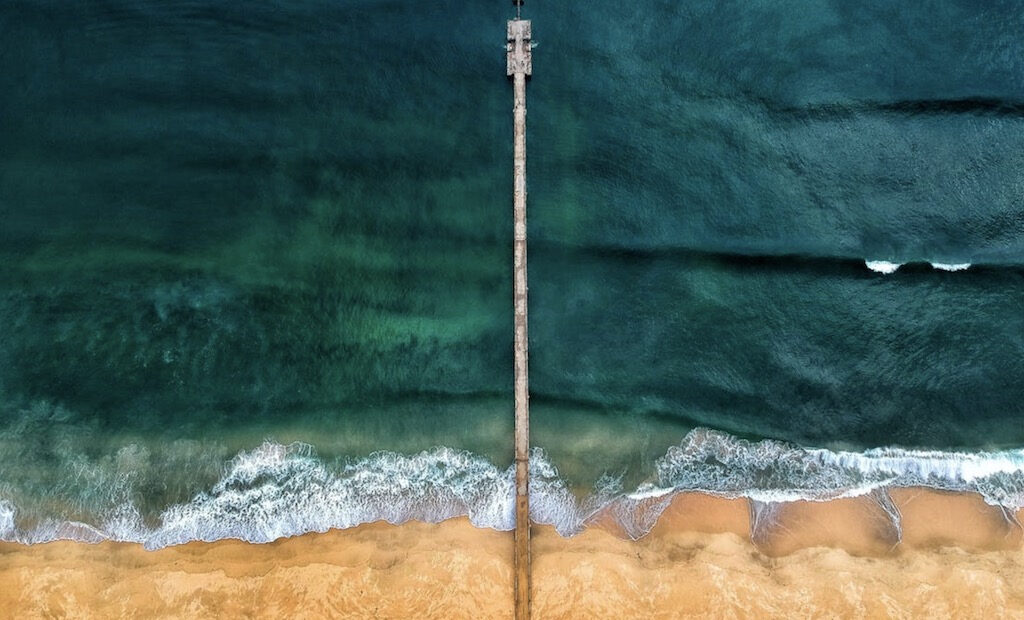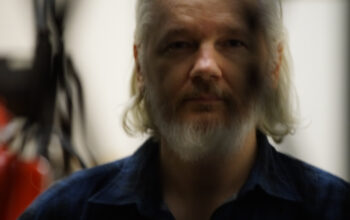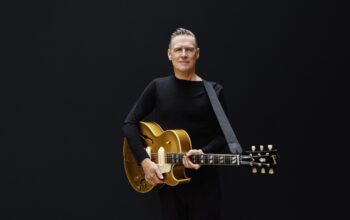How the arts are encouraging direct action on climate change

Despite being a major global issue for decades, the climate crisis has seen a particular rise in public concern among the world’s population over the last few years. According to recent research from Pew, two thirds of Americans believe that “the federal government is not doing enough” to combat its deleterious effects. Consequently, there has been a constant rise in support for policies which counteract this devastation, even though it’s unlikely that anyone really expects the United States to spend the trillions of dollars it will likely take to address it.
And as with many major political causes, high-profile figures in arts and culture are leading the way when it comes to boosting these issues in mass consciousness. If nothing else, these artists are using their platforms for good, bringing this complex global problem to a wider audience in simpler, or more thought-provoking ways. Here are some of the leading lights across a range of arts increasing public awareness of climate change and, directly or not, encouraging a response in their audience.
Visual artists remind us what we stand to lose
Art and science are often seen as diametrically opposed, but their long histories have been intertwined since the Renaissance work of Leonardo Da Vinci. However, the climate crisis has brought this all too pressing scientific issue to rarified gallery spaces, often eschewing any notion of artistic subtlety to ensure that the message hits home. Often, these works take the form of installations, like Xavier Cortada’s Underwater HOA series, which plants billboards in front of houses in a Florida village to demonstrate by how many feet water levels would have to rise before the homes are submerged. “By mapping the impending crisis,” Cortada explained to the New York Times, “I make the invisible visible….I want to make the future impact of sea level rise impossible to ignore”.
However, other artists are using more traditional artistic techniques to drive home the point about just how perilous the situation is. For the last two decades, preeminent Scottish photographer David Yarrow has captured “obscure landscapes, enigmatic cultures and endangered animals”. He not only uses his work to show what we stand to lose if the climate crisis accelerates, but utilises his status to make valuable ambassadorial and financial contributions to major wildlife charities.
The music industry is working on its carbon footprint
In music, trends come and go, but the industry’s machinations are pretty consistent for most major artists—write, record, tour. However, it’s only been recently noted just how bad for the planet much of the deeply-embedded rock and roll industrial complex has been. This even comes down to how we consume music itself, whether from the toxic waste and pollution generated by the so-called vinyl revival, or the emissions generated by the servers which store the songs we stream. There has still not been a solution to the waste and carbon footprint generated by most major touring bands, either — between global flights and flashing lights, one study showed that in six months, five touring bands generated almost twenty return transatlantic flights’ worth of CO2.
Some of the bands with the means to do so are beginning to reimagine what a climate-centric approach to promoting their music might look like. Coldplay elected not to tour their most recent album. November 2019’s Everyday Life, with frontman Chris Martin stating that they and their management will use that time to instead “work out the best way of doing our job.” Similarly, The 1975 used the campaign to promote May 2020’s Notes on a Conditional Form to foreground ecological issues. Its opening track is a speech by climate activist Greta Thunberg, and the album’s packaging is made of recycled card and plastic, and is not sold in shrinkwrap to avoid further plastic waste.
The Covid-19 pandemic has led to the cancellation of almost all musicians’ concert plans, including the postponement of The 1975’s accompanying tour for Notes. However, during interviews promoting the album, vocalist Matty Healy has made similar promises to Chris Martin, and aims to use the time off to reconsider what a climate-friendly touring ecosystem could look like. “This idea that people can just keep doing what they’re doing and massage it enough to make it socially acceptable is over,” Healy told i-D. “There has to be some kind of sacrifice.”
The editorial unit

























Facebook
Twitter
Instagram
YouTube
RSS